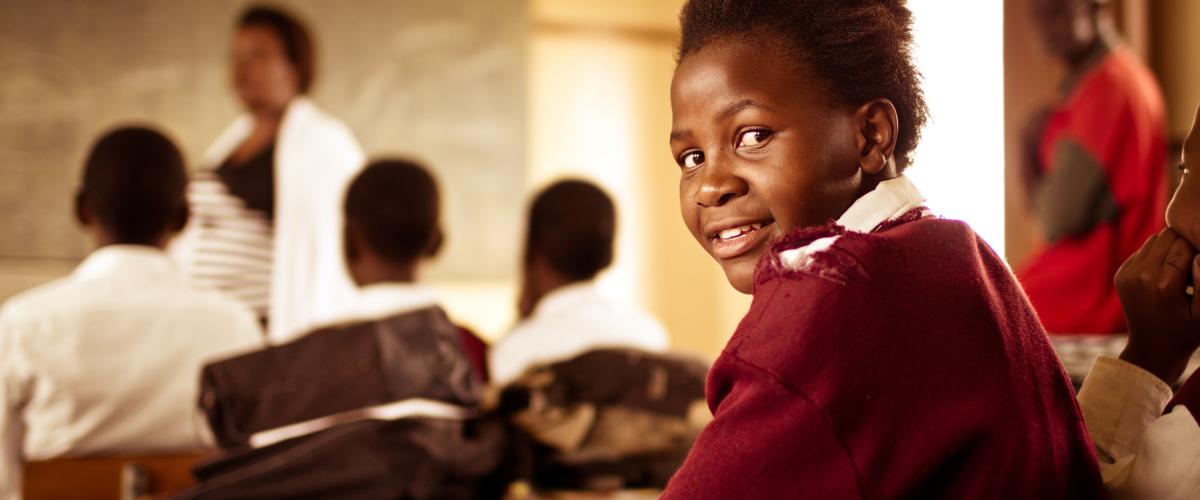Since Russia’s invasion of Ukraine in February 2022, the World Bank, with support from GFDRR, has been conducting crosssectoral assessments of the war’s impacts supported by baseline data collection, rapid remote analytics, and sectoral deep dives.
Following the completion of a rapid remote analytics and baseline data collection in the form of a Global Rapid Post-Disaster Damage Estimation (GRADE) in May 2022, GFDRR’s analytical support this fiscal year has included two sets of Rapid Damage and Needs Assessments (RDNAs) and support for recovery and reconstruction planning, including through sectoral analytics.
In September 2022, the government of Ukraine, the World Bank, and the European Commission jointly presented the results of the first RDNA (RDNA1), which provided a consistent assessment of physical damage to assets and economic losses incurred by the war between February 24, 2022, and June 1, 2022. Based on these assessments, RDNA1 helped to build the foundation for coordinated national and international recovery efforts and the mobilization of resources. Covering 20 sectors, estimated overall damages came to $97 billion, losses came to $252 billion, and—considering green, resilient, and inclusive development principles—reconstruction and recovery needs came to $349 billion. Since then, the impacts of Russia’s invasion of Ukraine have continued to accrue.
The second RDNA (RDNA2) was launched in December 2022, again covering 20 sectors and including damages, losses, and needs, but also including implementation priorities for 2023. The RDNA2 report—available in English and Ukrainian on the World Bank website—was launched on March 23, 2023, in Kyiv during a high-level event that was held both in-person and online; it has since been downloaded more than 35,700 times. The analysis has informed various important discussions, including at the World Bank/International Monetary Fund Spring Meetings in April 2023 and the international Ukraine Recovery Conference in London in June 2023. It informs the ongoing recovery and reconstruction planning by the government of Ukraine and the donor community, including the preparation of the European Commission’s Ukraine Facility.
World Bank task teams, in coordination with relevant national authorities and stakeholders, are also working on the development of sector-specific assessments, including those of municipal services and infrastructure, water supply and sanitation, education, health services, urban transport, heating, and agriculture. Deep dive activities are combining trainings and technical meetings with relevant national and local stakeholders; coordination with Ukraine’s government, donors, development partners, academia, private sector, and so on; and analytical assessments and development of technical recommendations to build local capacities, share knowledge, and mainstream green and resilient development. Technical assistance is funded through various trust fund sources, including GFDRR’s Multi-Donor Trust Fund (MDTF); Switzerland’s State Secretariat for Economic Affairs (SECO), which is channeled through the City Resilience Program (CRP); and the Japan–World Bank Program for Mainstreaming Disaster Risk Management in Developing Countries.
Following the destruction of the Kakhovka dam on June 6, 2023, GFDRR supported the rapid remote assessment of the impact of the dam break. At the end of the fiscal year, the team started the internal and external coordination and planning of the third RDNA (RDNA3), to be launched in November 2023.
GFDRR’s assistance in FY23 played a crucial role in understanding the extent of the damage and the needs of affected Ukrainian communities. It also informed the preparation and implementation of critical investment projects focusing on the housing, energy, and transport sectors, among others. These projects are closely tied to the Ukrainian government’s recovery priorities. Going forward, assistance through GFDRR will continue to guide effective resource allocation and capacity building in priority sectors by supporting RDNA3.

View more results stories from fiscal year 2023 in GFDRR's Annual Report 2023.
